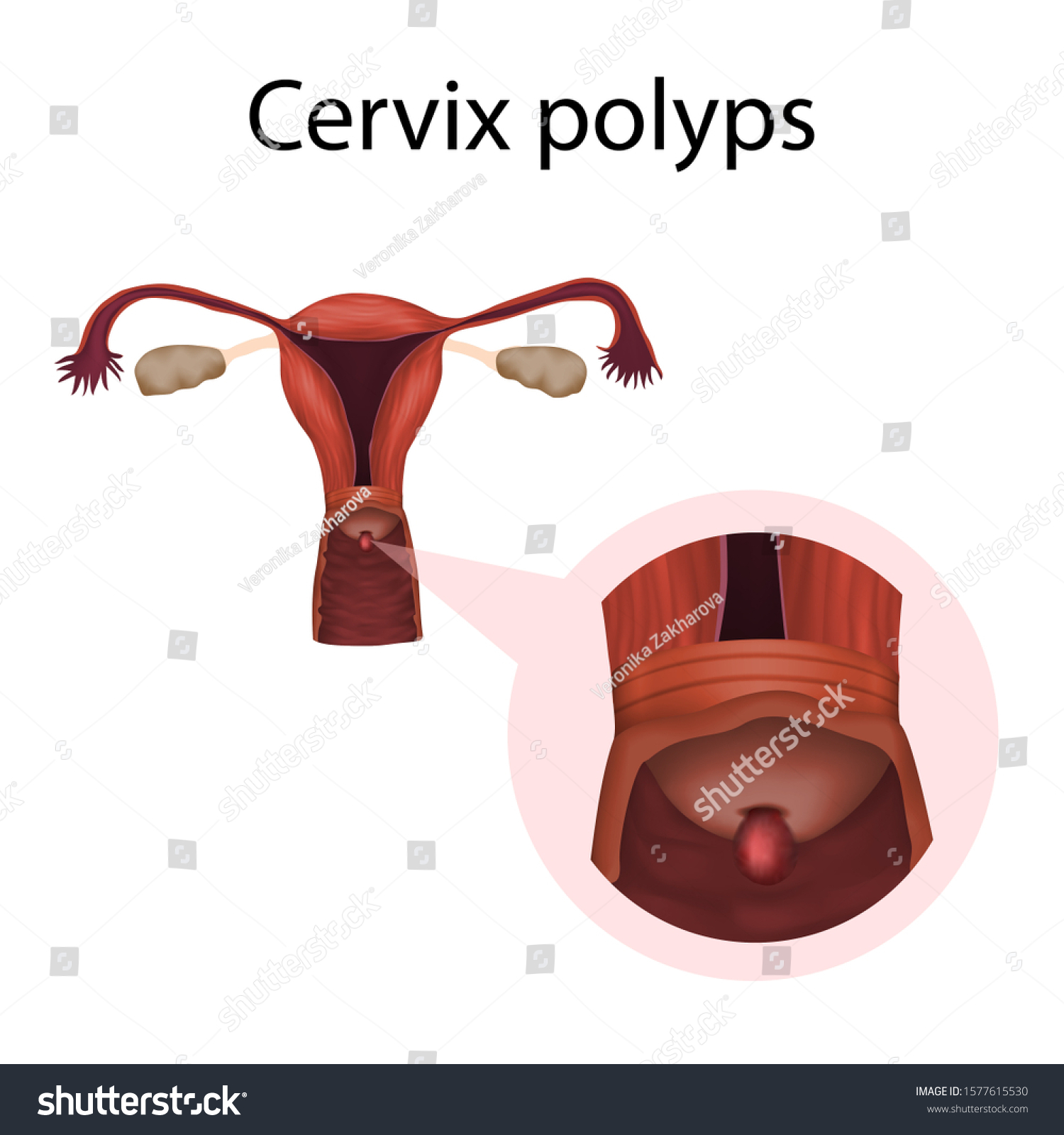How To Whiten Teeth Without Burning Gums?

The quest for a brighter, more radiant smile is a common pursuit for many, but the process of teeth whitening can often be daunting, especially when considering the potential risks to gum health. The delicate balance between achieving whiter teeth and protecting sensitive gum tissue is a challenge that requires careful consideration and a well-informed approach. For those seeking to whiten their teeth without causing harm to their gums, understanding the underlying causes of gum irritation and exploring safe, effective whitening methods is paramount.
Understanding Gum Irritation During Teeth Whitening
Gum irritation or burning during teeth whitening is often attributed to the bleach or peroxide used in whitening products. These chemicals can penetrate the soft tissues of the gums, leading to discomfort, inflammation, and in severe cases, burns. The key to avoiding such issues lies in the careful selection of whitening products and methods that prioritize both efficacy and safety.
Safe Whitening Methods
Several approaches can help minimize the risk of gum irritation while whitening teeth:
Professional Teeth Whitening: Consulting a dentist for professional teeth whitening is one of the safest and most effective methods. Dentists can use higher concentrations of whitening agents under controlled conditions, applying a protective barrier to the gums to prevent irritation.
At-Home Whitening Kits: For those preferring to whiten their teeth at home, using custom-fit trays provided by a dentist can be an excellent option. These trays are designed to fit snugly around the teeth, minimizing contact with the gums. Over-the-counter (OTC) whitening strips and trays can also be used but with caution, as they may not provide the same level of gum protection as custom-fit trays.
Desensitizing Toothpaste: Using a toothpaste designed for sensitive teeth before and after whitening can help reduce sensitivity and alleviate potential discomfort in the gums.
Natural Whitening Agents: Some natural agents like baking soda, activated charcoal, and hydrogen peroxide (in lower concentrations) can be used for teeth whitening. However, it’s essential to use these substances with caution and under the guidance of a dental professional to avoid any adverse effects on the gums.
Protective Measures for Gums
To further protect the gums during the whitening process:
Apply a Barrier: Before using at-home whitening products, applying a layer of petroleum jelly or a specialized gum barrier can help protect the gums from coming into contact with the whitening agents.
Choose Gentle Products: Opt for whitening products labeled as “gentle” or “sensitive teeth friendly,” as these are formulated to minimize irritation.
Follow Instructions: Adhering strictly to the instructions provided with any whitening product is crucial. Overusing or leaving the product on for longer than recommended can significantly increase the risk of gum irritation.
Regular Dental Check-Ups: Maintaining good oral hygiene and regular dental check-ups can help identify and address any issues early on, including gum health problems that could be exacerbated by whitening.
Conclusion
Achieving whiter teeth without compromising gum health is feasible with the right approach and precautions. By understanding the potential risks, selecting appropriate whitening methods, and taking proactive steps to protect the gums, individuals can enjoy a brighter smile while safeguarding their overall oral health. It’s also important to remember that not all teeth whitening methods are suitable for everyone, especially those with severe gum recession, tooth decay, or other dental issues. Thus, consulting with a dental professional before embarking on any teeth whitening regimen is highly recommended.
FAQ Section
What are the safest at-home teeth whitening methods for sensitive gums?
+For individuals with sensitive gums, using custom-fit whitening trays provided by a dentist or opting for gentle, OTC whitening strips specifically designed for sensitive teeth can be safe options. It's also recommended to use desensitizing toothpaste before and after the whitening process.
How can I protect my gums during the teeth whitening process?
+To protect your gums, apply a barrier like petroleum jelly before using whitening products, choose gentle products, follow the product's instructions carefully, and maintain good oral hygiene. Regular dental check-ups are also crucial for early identification of any gum health issues.
Are natural teeth whitening methods safe for gums?
+Natural methods like baking soda, activated charcoal, and low-concentration hydrogen peroxide can be safe when used with caution. However, it's essential to consult with a dental professional before using these methods, especially if you have sensitive gums or other oral health concerns.
In the pursuit of a whiter, healthier smile, prioritizing gum health and taking a thoughtful, informed approach to teeth whitening is not only beneficial but essential. By doing so, individuals can enjoy the aesthetic benefits of whiter teeth while maintaining the integrity and health of their gums.


